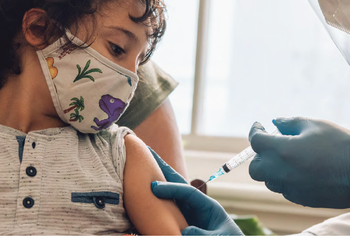
The CDC reports the original COVID-19 monovalent and bivalent vaccines helped reduce emergency department or urgent care encounters for children aged 6 months to 5 years.

The CDC reports the original COVID-19 monovalent and bivalent vaccines helped reduce emergency department or urgent care encounters for children aged 6 months to 5 years.
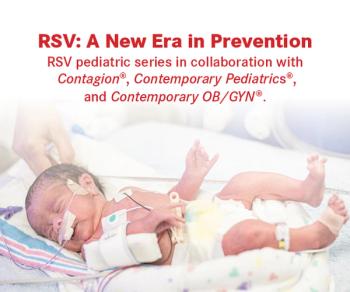
From a virus that had no treatment options, to one that may be prevented in two different modalities, clinicians are hoping to see a reduction in respiratory syncytial virus (RSV) incidence rates, starting this fall.

In preclinical studies, the antimicrobial, clovibactin, was shown to have susceptibility against a broad spectrum of pathogens and also worked against a specific bacteria in 2 animal studies.

If approved, the investigational vaccine would be available to people 18 years and older.

This is part of an occasional series with members of the Peggy Lillis Foundation. Here is an opportunity to hear about people’s experiences, lessons learned, and the new treatments that can lead to hope and not the hopelessness people have been living with during their ordeals.

Associated with excessive alcohol use, cirrhosis is one condition that can affect the pediatric population in the absence of alcohol.

This is the first in an occasional series with members of the Peggy Lillis Foundation. Here is an opportunity to hear about people’s experiences, lessons learned, and the new treatments that can lead to hope and not the hopelessness people have been living with during their ordeals.

With an increased incidence of this sexually transmitted infection, a review of an older antibiotic for treatment has shown some clinical benefits in other countries.
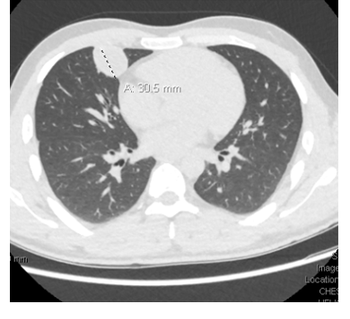
Here is a review of this specific case.

Clinicians offer insights on the individual respiratory viruses as well as addressing management of coinfections.
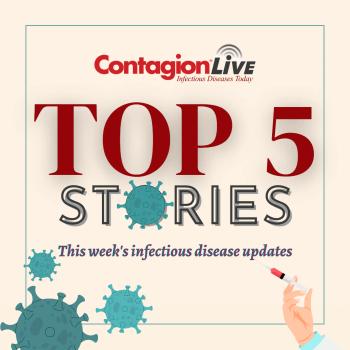
In this week's biggest stories, masks are seeing a small resurgence; expanding HCV screening for all persons with HIV; Pfizer's maternal vaccine gets FDA approved; and how a risk-based screening for multidrug-resistant gut microbes could improve accuracy and timeliness of empiric antibiotic treatment

With low vaccine utilization rates, finding educational resources to inform the public and increase attention to this preventative measure is needed to increase vaccinations.

Alyssa Dykstra is experiencing a drastic increase in paying for her medication for autoimmune arthritis. Insurers are utilizing a loophole provided by the federal government to allow them to disallow coupons, thus raising prescription costs for patients.

This is a challenging pathogen, requiring pharmacokinetic and pharmacodynamic considerations; the recent FDA approval of sulbactam-durlobactam offers new hope.

The federal agency says everyone should immediately stop using Dr. Berne’s MSM Drops 5% Solution and LightEyez MSM Eye Drops–Eye Repair due to bacterial contamination, fungal contamination, or both.

A risk-based screening for multidrug-resistant gut microbes could improve accuracy and timeliness of empiric antibiotic treatment of systemic infection.

Unique challenges can affect the success of the shift from pediatric to adult care settings.
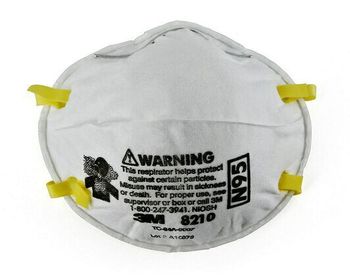
Masking to reduce COVID-19 transmission risk is required at a few colleges and one major movie studio.

Novavax updates its COVID-19 vaccine, locally acquired malaria is reported in Maryland, deadly listeria outbreak is linked to milkshakes, and vibriosis in the northeast.

Poll conducted by University of Michigan had a majority of people wanting to know more about it.
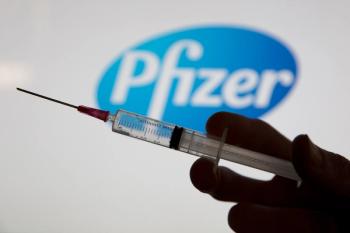
The vaccine is intended to help prevent lower respiratory tract disease caused by respiratory syncytial virus in infants from birth to 6 months of age.
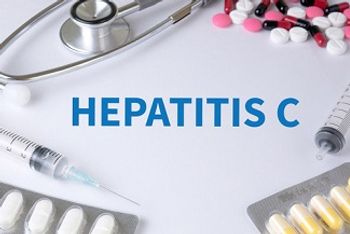
Study compares efficiency of expanding HCV screening for all persons with HIV to programs focused on those at higher risk of HCV.

Viruses and other concerns within medicine are being overlooked; health care preparedness must address these potential crises.

This week: the FDA accepts NDA for investigational antibiotic; mRNA COVID-19 vaccines update protections; counseling families on nirsevimab; and how antibiotic actions on gut microbes of patients might affect the microbiome of housemates.

Reconciling that C difficile infection is classified as hospital-onset based only on laboratory identification, while diagnoses is made from multiple factors.

Social media platforms, public health agencies, and communities must join forces to stop the rapid spread of false information.

The strain, Eris (EG5), is from the Omicron lineage, and the expectations are the newest vaccines will protect against it, and other variants from the same family.

With the FDA approval of nirsevimab-alip (Beyfortus), which is indicated for prevention of respiratory syncytial virus (RSV) in infants, clinicians will need to have important conversations with families around this monoclonal antibody, beginning this fall.
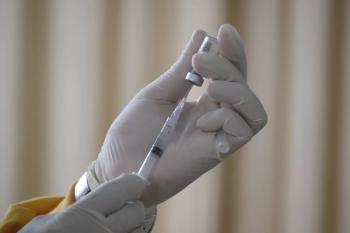

Although close clinician monitoring is warranted to avoid complications for this this type of treatment, it can be beneficial to patients and help reduce care costs.